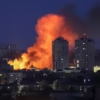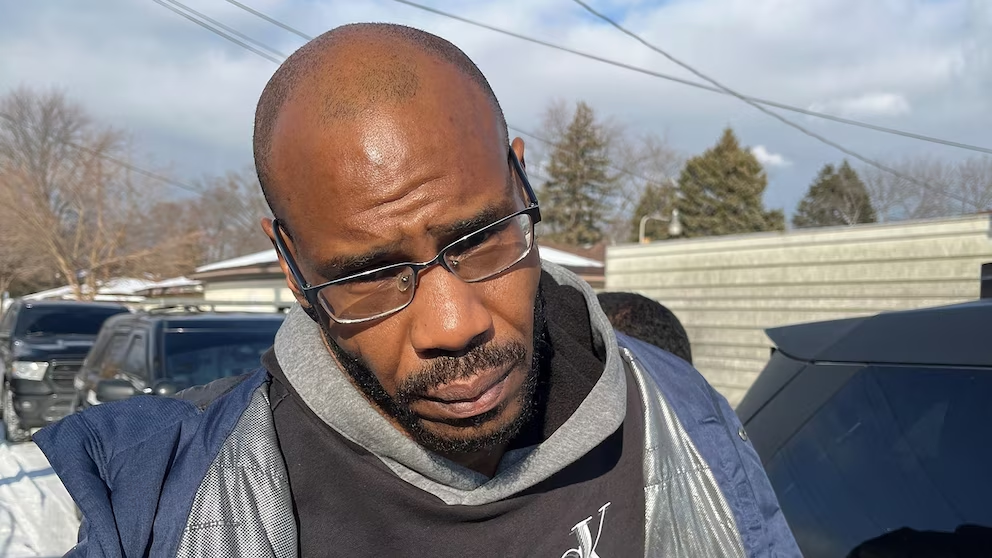In a high-stakes civil suit stemming from the January 2023 shooting of a first-grade teacher, the defence called a school-safety expert who testified that the former assistant principal had fulfilled her professional duties. The expert’s testimony challenges claims of neglect and seeks to shift focus away from the administrator’s decisions on the day of the shooting.
Turning to Expert Testimony
During the trial, the defence introduced testimony from a nationally recognised school safety specialist. She reviewed detailed records and stated that the assistant principal did not breach industry standards in her handling of the threat. According to her, staff response and delegation that day were appropriate given the information available.
She emphasised that, while the outcome was tragic, the chain of events did not clearly indicate an immediate danger. “You don’t launch a full search of a child based on vague unverified tips,” she testified. Her remarks suggest the key question is not whether the student brought a gun, but whether the threat was reasonably foreseeable — a defence counsel cornerstone.
Professional Standards Under Scrutiny
The expert further explained how educational administrators are evaluated: whether they acted with reasonable caution based on credible threats, and whether they followed district policy in managing behavioural issues. In this case, she asserted the former assistant principal’s conduct aligned with these benchmarks.
She noted that multiple staff had been involved in monitoring the student and that the administrator relied on those reports rather than taking unilateral action. “She was not indifferent,” the witness said, “but neither was she required to anticipate the impossible.”
Implications for School-Liability Cases
The testimony is part of a broader effort by the defence to establish that schools can’t be treated as insurers of perfect safety. By focusing on whether the threat was “reasonably foreseeable” rather than simply the tragic result, the defence aims to draw a line between regrettable outcomes and negligence.
If accepted, this could reduce the burden on school administrators in future litigation — shifting questions away from hindsight to whether the steps taken at the moment met standard practice. The decision could have ripple effects on how schools document and respond to potential threats.

















































